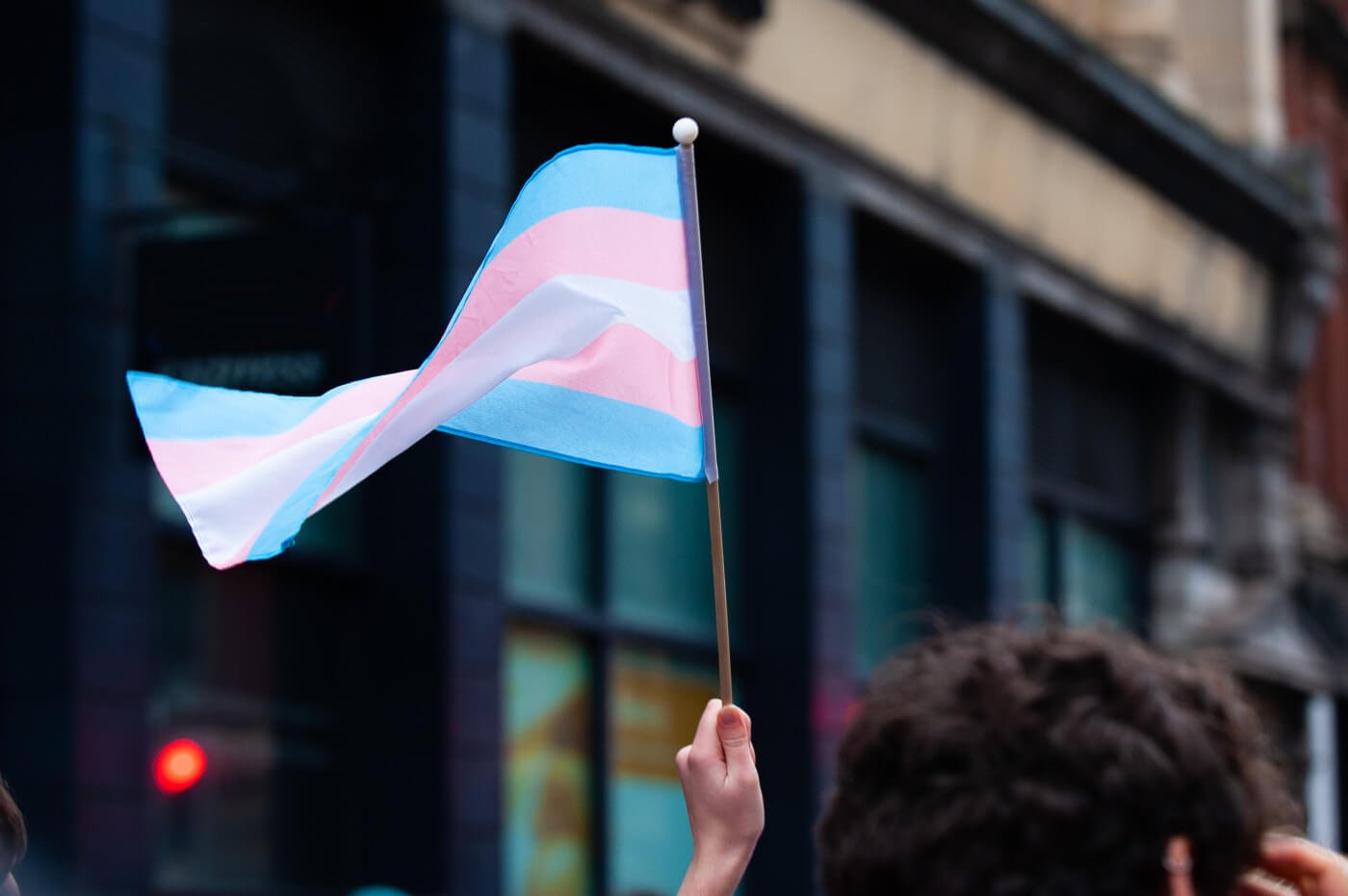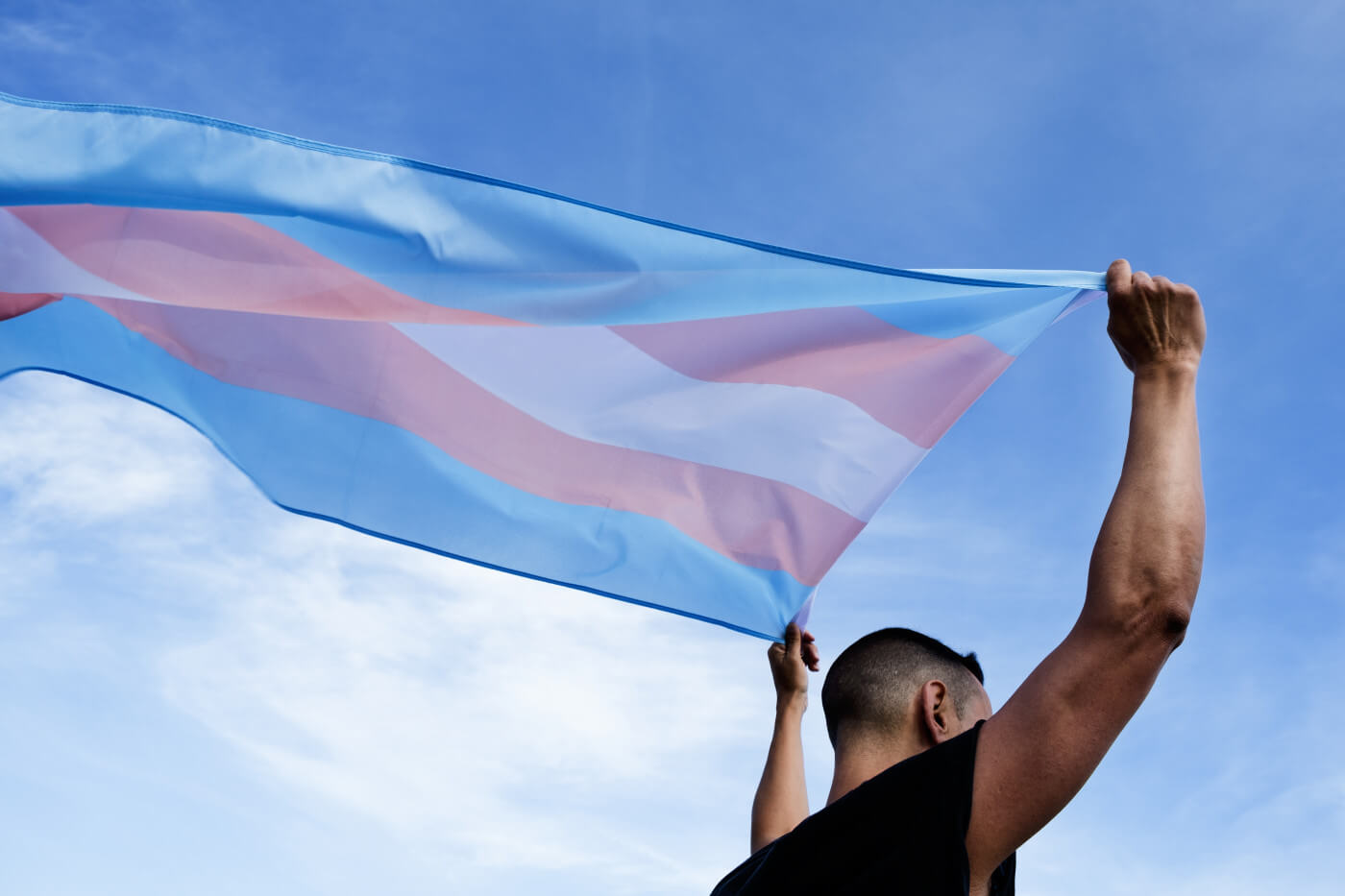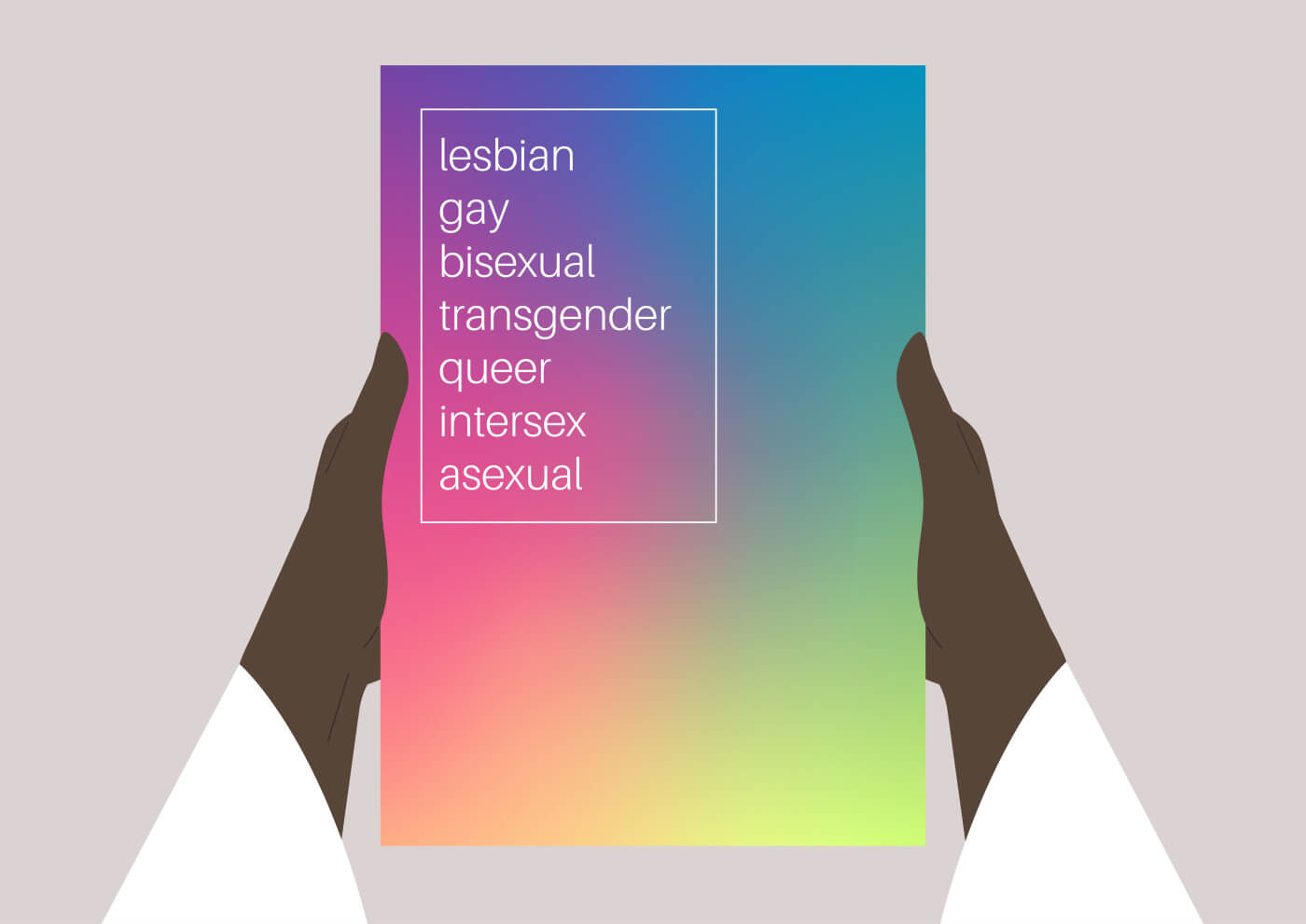
Trans Day of Visibility
This important international holiday, Trans Day of Visibility, was started by Rachel Crandall in 2009. It was in response to Transgender Remembrance Day dedicated to those we have lost, specifically to violence. But the Michigan-based trans activist wanted a day to celebrate transgender and nonbinary accomplishments and raise awareness. March 31st thus became Transgender Day of Visibility (TDOV).
In the United States alone, there have been 488 anti-trans bills across 46 states. Of those, 22 have already passed. It is easy to find your representative and to spam them with letters and emails. Allies can also do this in solidarity.
Notable 2023 Advocates
Where there is power, there is resistance. While 2022 saw a rise in anti-trans legislation and hate crimes, there continues to be a rise in activists, even teens, speaking out because they are significantly impacted.
Notably, Kai Shappley, 12, was named Time Kid of the Year finalist for her activism including speaking to congress about the Equality Act. Shappley notes that it was sad she had to learn about politics at five years old but was also necessary.
Erin Reed tracks anti-trans legislation across the country and advocates for gender affirming care for trans folx. She says the legislation is part of a “sustained fear campaign” led by the far right. She even calls out media news coverage for being problematic up to and including the New York Times.
Leigh Finke became the first transgender legislator appointed to the Minnesota House of Representatives after winning 81% of the vote in her district. After less than three months in office she was named USA Today’s Woman of the Year.
Will Larkin, who is an 18 year old in Florida, was the face of the opposition to the Don’t Say Gay bill which restricts discussing gender and sexuality in Florida elementary schools. Larkin was a co-organizer responsible for the statewide school walkout as a result.
Know Your Rights
Transgender teens have higher rates of depression, suicidality or considering suicide, and victimization from cis peers. Anti-trans legislation in schools only compounds these numbers. Educating yourself on trans people’s rights is a way to protect yourself if you are trans and to protect your loved ones as allies.
The National Center for Transgender Equality has a comprehensive list of rights From Airport Security to Healthcare to Housing and beyond. While there is an anti-trans agenda, in Florida and other states, helping teens navigate their rights at school is becoming imperative.
Title IX is a federal law that makes sex discrimination illegal in most schools. Most courts agree that this includes transgender people. Other laws specifically protect trans students. At school, students have the right to be treated according to their gender identity, to present, and be recognized as such. Students have the right not to be bullied because of their gender identity including using the restroom that matches their gender identity.
If you feel safer using a private space, you may request that, but students can’t be forced to use separate facilities. Students have the right to privacy and who they choose to tell about their gender identity. Lastly, Students have the right to start a student club like Gay Straight Alliance (GSA), or Pride Alliance. These resources also include what to do about discrimination at school, and other public spaces.
Trans Representation in the Media
Given that a small number of Americans say they know someone who is transgender, the majority of the population learns from the media. This is problematic because the media has overwhelmingly mischaracterized trans people and stereotyped them since the invention of film.
Each year, GLAAD releases a report on representation in the media. They note that generationally, younger Americans know trans people compared to those over 65. Drawing from Gallup’s poll, 1 in 6 Gen Z adults identifies as LGBTQ.
Representation in the media can potentially lead to cultural acceptance. People who are exposed to LGBTQ people in the media say they are more accepting of non-binary people when compared to those who had not recently seen LGBTQ people represented in the media. It is important to represent trans people as authentic, diverse, and accurate.
If you or someone you know is struggling with suicidal thoughts, then please call, text, or chat with the Trevor Project.





